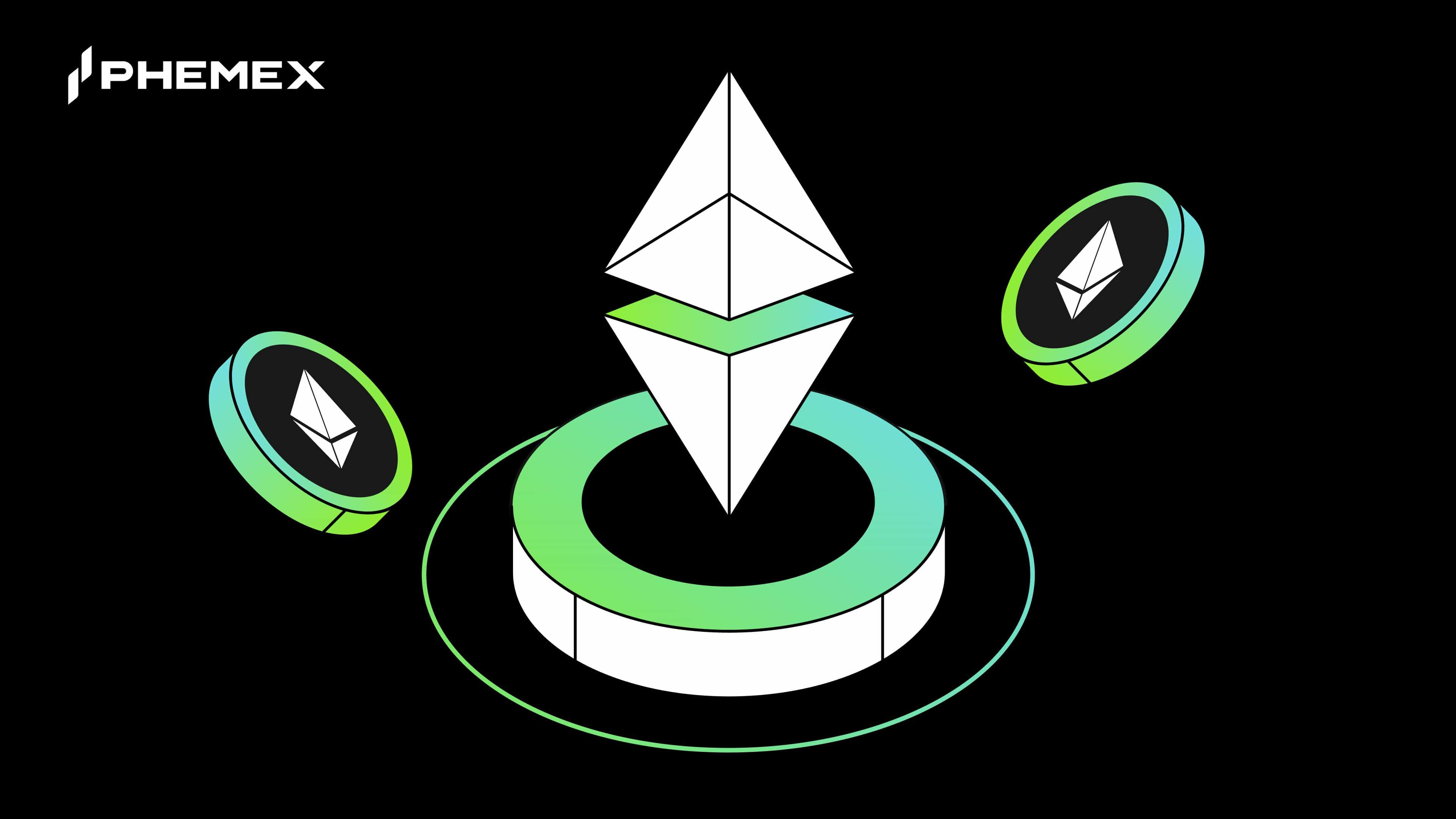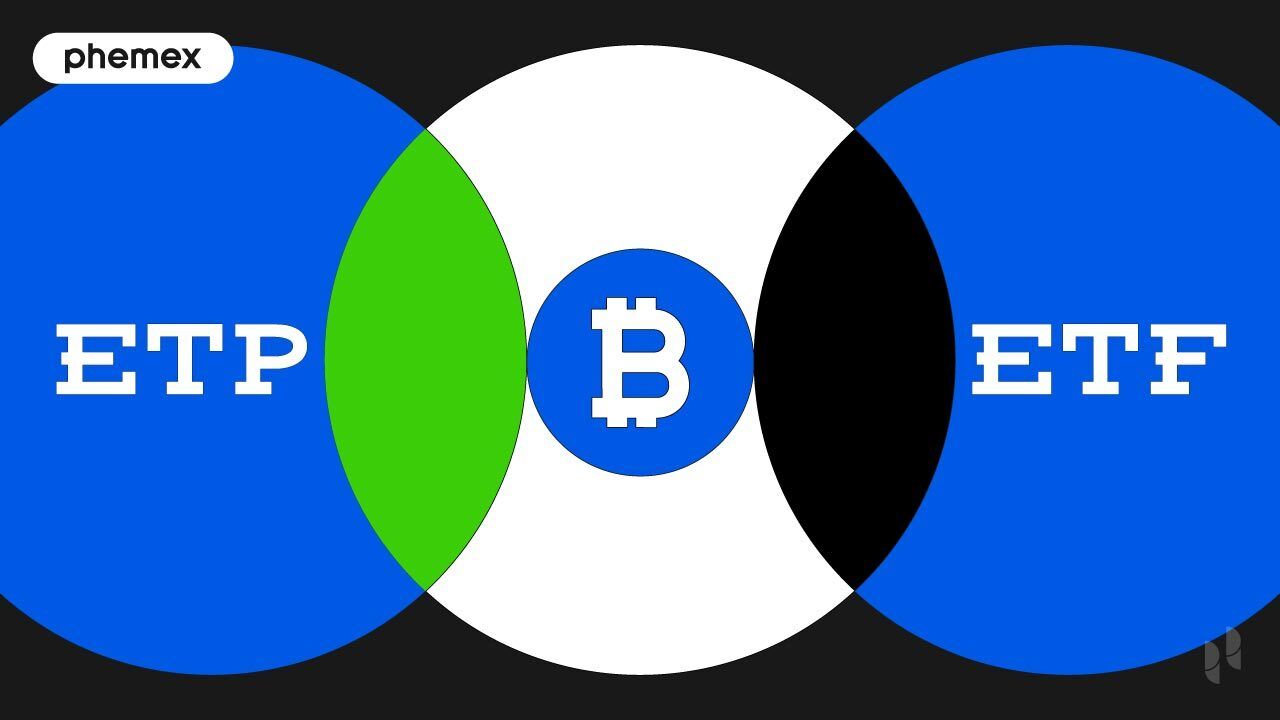Launched in May 2017, the Ethereum Name Service (ENS) is an open-source lookup system that links an alphabetical name to a string of numbers and alphabetical letters. The ENS domain is a decentralized application (DApp) built with smart contracts on the Ethereum (ETH) blockchain.

Who Developed the Ethereum Name Service?
Nick Johnson, Alex Van de Sande, and others developed the first version of the ENS, which launched in May 2017. Nick Johnson is the founder and lead developer of the ENS. He is an experienced software engineer and worked for Google and Ethereum. Alex Van de Sande is currently an advisor for Ethereum. He is an experienced interface designer and user experience designer that worked for Dujour, Ethereum, and Kleintech.
After launch, the following year Johnson received a $1 million dollar grant from the Ethereum Foundation to form an organization for the continuous development of the ENS. With the grant, he left the Ethereum Foundation and established True Names Limited, a non-profit organization based in Singapore. True Names Limited now oversees and funds the development and standardization of ENS.

The Ethereum Name Service (Source: Ethereum Name Service)
What can you do with a ENS Domain?
ENS vs. DNS
Before the internet’s domain name system (DNS), users needed to remember the Internet Protocol (IP) address of a particular website to access it. These IP addresses were a string of numbers like 192.158.1.38, wherein each number in the set can range from 0 to 255. Unfortunately, these strings were hard to remember and nearly impossible to guess, making it cumbersome to surf the internet. This problem was solved in the 1980s with the adoption of the DNS that assigned human-readable names to websites, which made browsing the web immensely easier.
Why was ENS created?
The cryptocurrency world is currently in the IP address phase, where users and platforms still rely on addresses with a long string of alphabetical letters and numbers. Unfortunately, the long and difficult-to-remember addresses resulted in many situations where users mistype them during manual transfers causing a permanent loss of funds. The launch of ENS helps to solve this issue.
.eth domains
As a naming service for Ethereum and other Ethereum-based projects, it allows users to map their machine-readable content with human-readable names appended with the suffix .eth like example.eth.

The ENS relies on the registry and resolvers for functionality. (Source: Ethereum Name Service)
How Does the ENS Domain Work?
The ENS works similarly to the DNS, where it is a hierarchical system that allows the domain owner to control any of its subdomains. For example, a domain with the name example.eth can create subdomains of names one.example.eth, two.example.eth, or any other variations.
The ENS-registered names are non-fungible tokens (NFTs) following the ERC-721 standard, and the transfer of .eth registrations can be completed similar to other NFTs. However, the ENS is not a domain system and registering a name under the service does not mean that the domain is trademarked, copyrighted, or any type of intellectual property.

Three Key components of the ENS
The ENS relies on three components to function, which is the registry, registrars, and resolvers. These three components work in conjunction with each other to achieve the functionalities offered by the ENS. Each of them has their own tasks and purpose, which are:
- Registry: The ENS has a smart contract registry that monitors and stores all the names of domains and subdomains, their owners, resolvers, and other data. The smart contract also allows the owners to change the data.
- Registrar: The ENS has registrars that own a particular name and automatically release subdomains to users that meet the criteria defined in the smart contract code.
- Resolver: The ENS has a smart contracts resolver that isresponsible for storing and serving records upon request. The resolver translates names into addresses and handles data such as cryptocurrency addresses and user profiles.
How do users obtain data from the ENS?
Users obtain data from the ENS via two steps. They first look for the correct resolver from the registry by inputting the domain name into the registry. They then receive the resolver address in return and request the data from the particular resolver.
How to get a .eth domain?
To access the .eth sites, users can use Ethereum-enabled browsers, such as Brave and Opera, or install the MetaMask extension on other popular browsers, such as Mozilla Firefox and Google Chrome. MetaMask enables the browser to access the Ethereum DApps. Moreover, the ENS partnered with InterPlanetary File System (IPFS), which is a peer-to-peer file storage and sharing system, to build a decentralized web. The partnership enabled users to access the .eth domains without installing external extensions or other browsers by appending .link at the end.
What Are the Benefits of the Ethereum Name Service?
The ENS provides many benefits, which are the reduction of transfer mistakes, the immutability of records, an easy-to-use lookup system, and the possibility of profit from purchasing and selling ENS-registered names:
- Reduction of errors: As previously mentioned, the ENS enables the mapping of machine-readable names consisting of alphabetical letters and numbers with human-readable names. Using names instead of addresses helps reduce the most common mistake in the crypto world – sending cryptocurrency to the wrong address.
- Immutability: Any transactions through the ENS are immutable. Due to how blockchain technology works, any records written onto the Ethereum blockchain cannot be changed or removed. The immutability offered by ENS makes its services censorship-resistant, and with its partnership with IPFS, outsiders also cannot tamper with the content on the domain. Thus, as long as a particular domain owner continues to renew the domain by paying the fees, the owner can keep their data forever in a decentralized and tamper-resistant way.
- Simple-to-use lookup system: As the records of domain registrations are kept on the Ethereum blockchain, users can search for them using Etherscan, an Ethereum-based block explorer and analytics platform. Through Etherscan, users can view the balance, value, and transactions to and from a particular Ethereum address. Users with their own registered domain can choose to enable reverse resolution via the ENS DApp settings to display their registered name instead of their address in specific DApps and wallets.
- Possibility of profits by selling ENS names: As ENS-registered domain names are NFTs, users can buy or sell them on NFT marketplaces like OpenSea. Additionally, like regular domains, users can purchase ENS-registered domains and sell them for profit on such marketplaces.
How To Register for An ENS Domain?
The process to register for an ENS domain name is simple. Before the process, users need to prepare a compatible wallet such as MetaMask by downloading and installing the relevant extension on their browser of choice. Additionally, users need to have some ETH in the wallet to pay for the transaction costs and the annual fee of the .eth domain. The steps to register for a domain name is as follows:
- Users should open a browser compatible with Ethereum, either by installing the MetaMask extension or use special browsers like Brave or Opera, and connect their wallet. The list of compatible extensions or browsers can be seen on the official website here.
- Users should then navigate to the ENS DApp and look for the desired name or address. If the name is already registered with someone else’s wallet, users can see a page with information such as the registrant’s address and name expiration date. If the name is available, users will see a page asking for the registration period along with the amount of ETH required to register the name.

- Users can then choose their desired registration period by year and see the corresponding annual fee. The minimum registration period is one year, and users can always extend if they wish.
- After choosing the registration period, users can start the registration process. Users will need to sign two transactions in which the first is for the registration request and the second for the actual registration. They will need to confirm the transactions on their wallet and pay the desired gas fee. After confirming the first transaction, users will have to wait for the blockchain to verify the transaction.
- After the blockchain verifies the transactions, users will need to wait for one minute to ensure no one else was trying to register the name at the same time. If there is no one else, users can finally register the name by signing the second transaction and waiting for blockchain verification.
Conclusion
The Ethereum Name Service (ENS) is a DApp that links addresses consisting of a long string of alphabetic letters and numbers with human-readable names. It relies on the registry, registrar, and resolver smart contracts to function. The smart contracts monitor, store, and serves data. The service was first developed by Nick Johnson, a software engineer for Ethereum, and Alex Van de Sande, a user experience designer for Ethereum. The launch of ENS has brought advantages such as reduction of errors, immutability, a simple-to-use lookup system, and the possibility of profit from purchasing and selling ENS-registered names.
Read More
- What is Etherscan: Ethereum Blockchain Explorer
- What is Enjin Coin: Virtual Economies and Assets
- What Is Unstoppable Domains: Make Your Web3 Identity Neat and Nice
- The Ethereum Virtual Machine: How Does it Work?
- What Are Non-Fungible Tokens (NFTs): Introduction to NFTs
- What Is Ethereum: Ground Zero of the Next Digital Era
- Ethereum’s ERC-20 Tokens – All You Need to Know
- Phemex Analysis in A Minute: Pro Guide to Enter ENA - The DeFi Giant!








